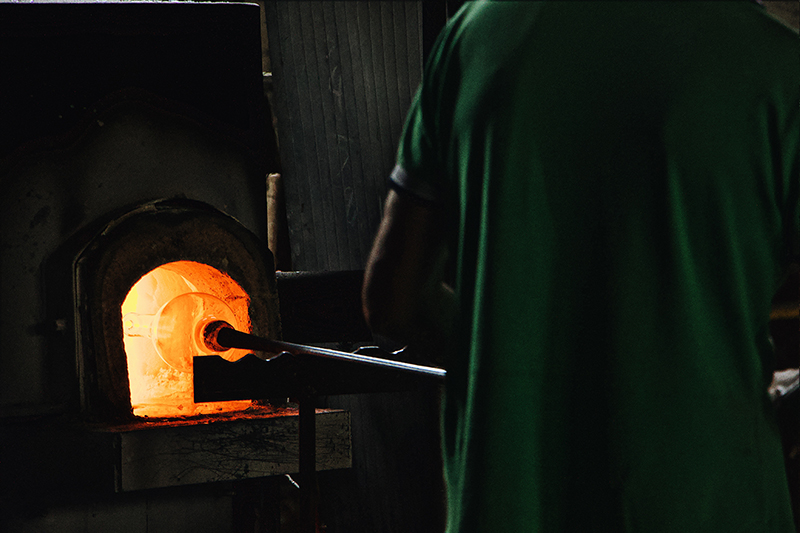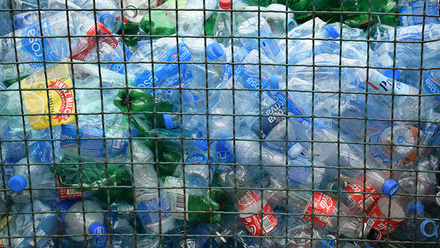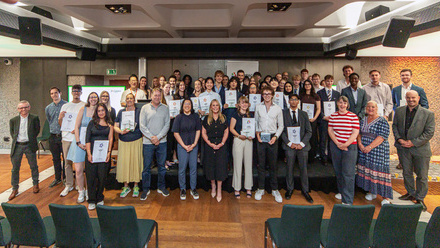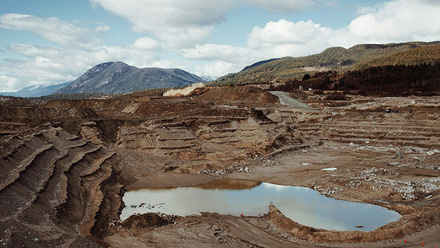Powering glass and ceramics manufacturing with waste biofuels
Low-grade waste biofuels could decarbonise UK glass and ceramics manufacturing, claim not-for-profit Glass Futures.

The membership and research technology organisation has explored how low-cost, waste-derived biofuels could impact glass and ceramics furnaces and kilns across the UK.
Combustion trials conducted for the Department of Business, Energy and Industrial Strategy have found that low-grade fuels from cooking and waste oils have a similar heat-transfer efficiency to natural gas.
Furthermore, emissions analysis indicate that they are not expected to impact glass quality, although further investigation was felt to be necessary.
'We have identified 10 waste-derived fuels for possible use in glass furnaces and ceramic kilns. Flashpoint and viscosity were found to be the factors having the strongest influence on suitability, followed by calorific value and the availability of fuels in volume. Three of the 10 fuels were put forward for combustion performance trials,' says Dr Bridget Stewart, Glass Futures Senior Projects Manager.
As well as these waste biofuels being usable from 2025, the report concludes that glass and ceramic manufacturers should be able to make a potential switch 'relatively straight-forwardedly' in three to five years, with only minor changes to infrastructure required.
Download the Glass Futures report







